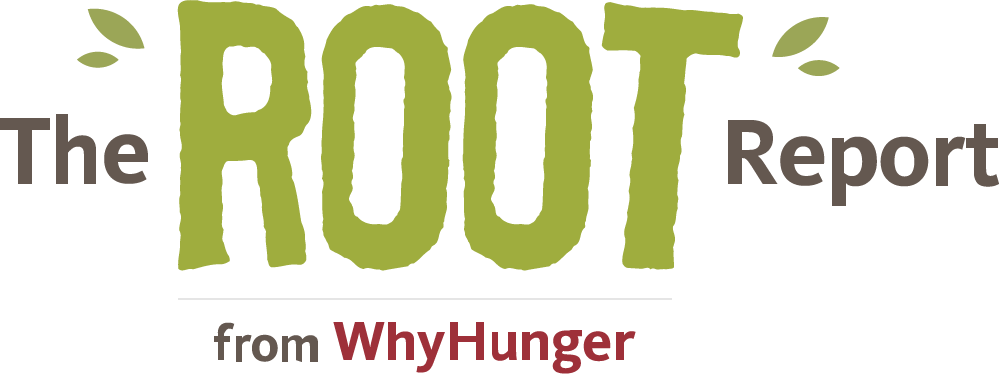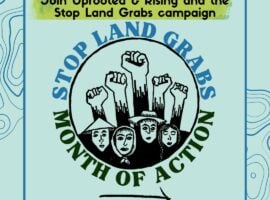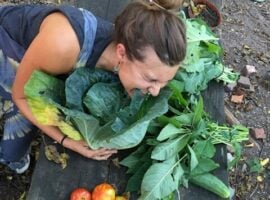The Somali Bantu Community Association (SBCA) relies on the values of food justice, equity and inclusion to create a life of peace and prosperity for their community of refugees in Auburn, Maine. Created by and for the Somali Bantu community, SBCA centers and uplifts Bantu voices, fostering a space where historically marginalized communities can live according to their values and thrive together in their new home.

The Somali Bantu are descendants of East Africa inhabiting the Shebelle and Jubba River valleys in Somalia. They are a minority ethnic group distinct from the Somalian population and have suffered through years of violence and famine before finally gaining clearance in 2000 to seek refuge in the United States. Nearly 12,000 Somali Bantu people have immigrated to the U.S. since then, around 3,000 of whom are currently located in Auburn, Maine.
SBCA nurtures the value of traditional Somali ways of life under the ishkashito model of cooperative farming and land ownership, allowing their new American farmers to enjoy the “fruits” of their collective labor. The Liberation Farms program supports around 150 Bantu immigrants in their transition to a wholesome, food sovereign life in the U.S. by providing them with the resources to grow food for their families and contribute to local communities through a vibrant wholesale program. Liberation Farms distributes radishes, African Flint corn, broccoli, cucumber, eggplant, a variety of greens and herbs, and more to Portland public schools and surrounding neighborhoods throughout the season. During COVID-19, they helped tackle food insecurity by providing freshly grown produce to the community and joined forces with organizations like Black Lives Matter to speak out for the well-being of marginalized groups.
Understanding that the needs of their community are unique, SBCA reaches beyond food security to include cultural awareness, racial justice and peace-building into their agenda for helping families thrive to the fullest. Here are a few of SBCA’s other programs and services:
- Conflict Resolution Program – working to reduce conflict among members of the community and law enforcement by encouraging traditional Bantu conflict-resolution methods like meditation.
- Kasheekee Youth Program – spreading cultural awareness through youth engagement in art, dance and storytelling.
- Medical Reconciliation – using both traditional Somali Bantu methods of healing and Western knowledge to provide health services to Bantu families.
- Translation & Immigration Services – providing language interpretation services and immigration assistance for new arrivals in the community.
In 2020, SBCA received the US Food Sovereignty Alliance’s 12th Annual Food Sovereignty Prize for their exceptional work, and their endeavors will continue. To learn more about SBCA and help “set the wheels of food justice in motion” for the Somali Bantu in Maine, visit SBCA’s website!






